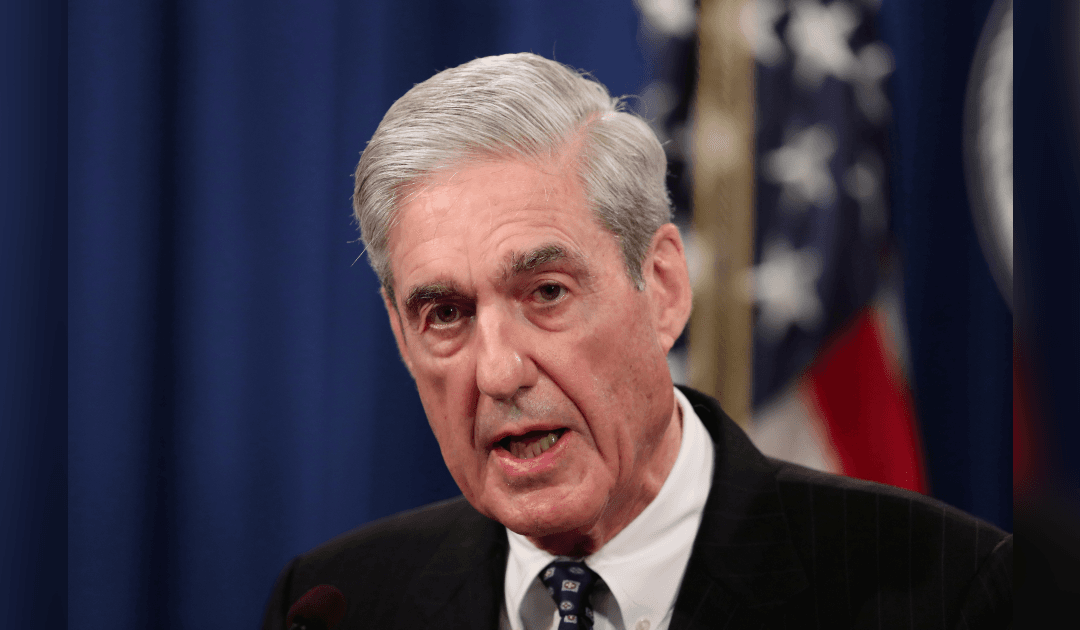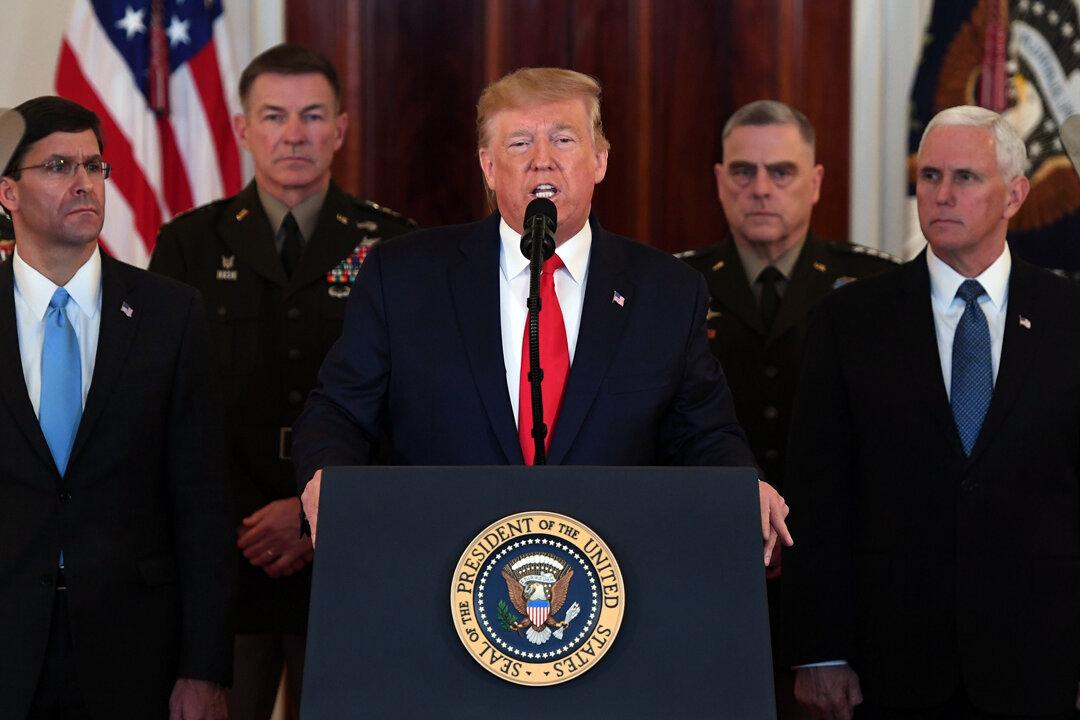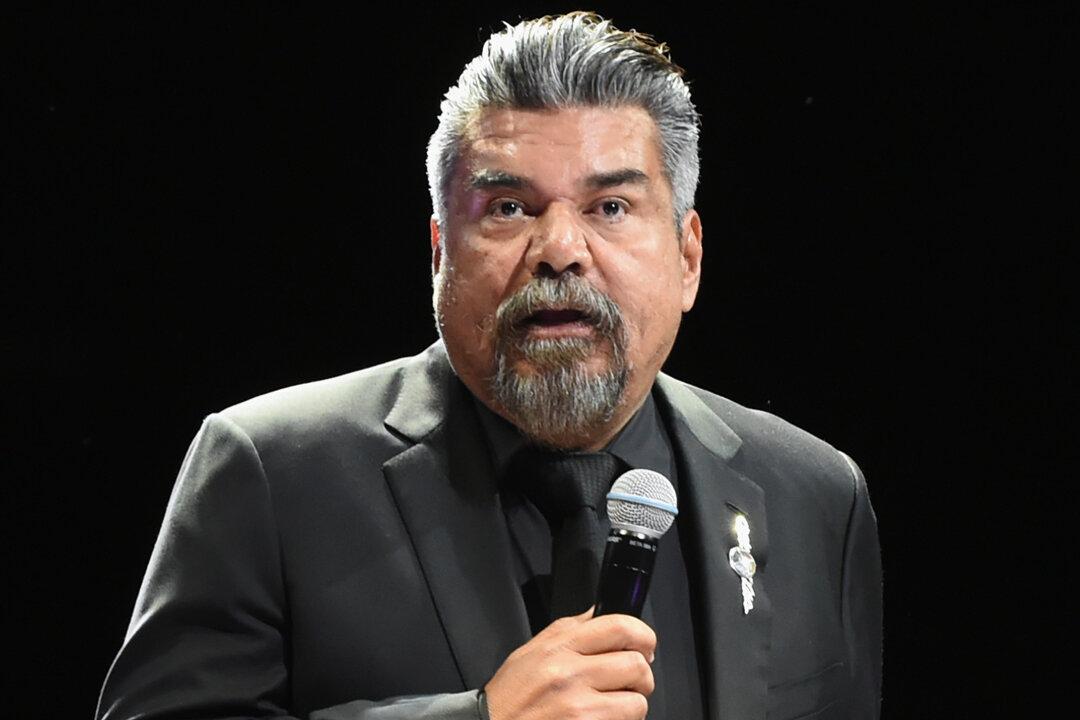Commentary
Special counsel, Robert Mueller, is scheduled to testify in separate sessions today before the House Judiciary and Intelligence Committees. Democratic committee members will undoubtedly ask Mueller about the scope of his investigation, the nature of his findings and whether he believes the president obstructed justice. Robert Mueller’s testimony is problematic and the Democrats’ efforts to elicit his testimony are solely intended to taint public perception and to elicit possible ammunition for impeachment.





